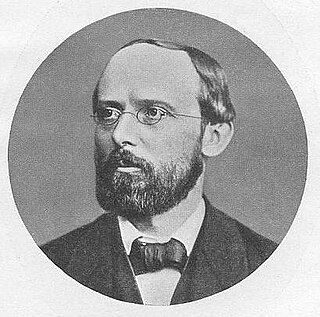Life and research
For over twenty years he was one of the most important supporters of Manfred Korfmann, the archaeologist and Troy specialist. Latacz repeatedly defended the hypothesis that the Homeric account of the Trojan War essentially goes back to genuine historical events in the late Bronze Age.
In 1972 he submitted his habilitation in Classical Philology at the University of Würzburg, and was appointed associate professor thereat in 1978. Shortly afterwards he accepted a call to the Chair of Classical Philology (Greek) at the University of Mainz.
From 1981 until his retirement Latacz was Ordinarius (Full Professor) of Greek Philology and Head of Department at the University of Basel (Switzerland). In addition to his teaching activity, he occupied himself with early Greek literature and published numerous works on Homer and the performance of Greek tragedy and lyrics.
At present, he is working on a complete commentary on the Iliad , with two volumes (text plus commentary) for each book of the epic (this will make it the largest commentary since that of Eustathius). [1] A volume of prolegomena and six volumes of the commentary itself have been published so far. [2]

Karl Krumbacher was a German scholar who was an expert on Byzantine Greek language, literature, history and culture. He was one of the principal founders of Byzantine Studies as an independent academic discipline in modern universities.
Jacob Bernays was a German philologist and philosophical writer.

Wilhelm von Christ was a German classical scholar.
Walther Kranz was a German classical philologist and historian of philosophy.
Hartmut Erbse was a German classical philologist.

Max Herbert Eulenberg (1876–1949), was a German poet and author born in Cologne-Mülheim, Germany. He was married from 1904 to Hedda Eulenberg.

Erich Julius Adolf Bethe was a German classical philologist who was a native of Stettin.
Walter Friedrich Gustav Hermann Otto was a German classical philologist particularly known for his work on the meaning and legacy of Greek religion and mythology, especially as represented in his seminal 1929 work The Homeric Gods.
Rudolf Carl Franz Otto Pfeiffer was a German classical philologist. He is known today primarily for his landmark, two-volume edition of Callimachus and the two volumes of his History of Classical Scholarship, in addition to numerous articles and lectures related to these projects and to the fragmentary satyr plays of Aeschylus and Sophocles.

Theodor Birt was a German classicist and novelist. He also used the name of the Humanist Beatus Rhenanus as a pseudonym.
Michael Siebler is a German journalist and classical archaeologist.
Gerhard Nebel (1903–1974) was a German writer and conservative cultural critic.
Martin Hose is a German classical philologist.
Ferdinand Sommer was a German classical and Indo-European philologist.
Karl Heinemann was a German literary historian and philologist.

Friedrich Gustav von der Leyen was a German philologist who specialized in Germanic studies.

Wolfgang Golther was a German philologist who specialized in Germanic studies. A professor at the University of Rostock, Golther was a prominent authority on Medieval German literature and Germanic religion.

Eugen Fehrle was a German philologist who specialized in classical and Germanic philology.
Semele is a singspiel libretto by Friedrich Schiller, first published in the Musen-Almanach Anthologie auf das Jahr 1782. Schiller edited a pirated edition in 1800, but decided not to republish it. After his death, his friend and patron Christian Gottfried Körner published the revised edition in the fifth volume of the series Theater von Schiller, published by Cotta-Verlag.
Albin Lesky was an Austrian classical philologist. He was married to Austrian historian of medicine Erna Lesky.
This page is based on this
Wikipedia article Text is available under the
CC BY-SA 4.0 license; additional terms may apply.
Images, videos and audio are available under their respective licenses.








